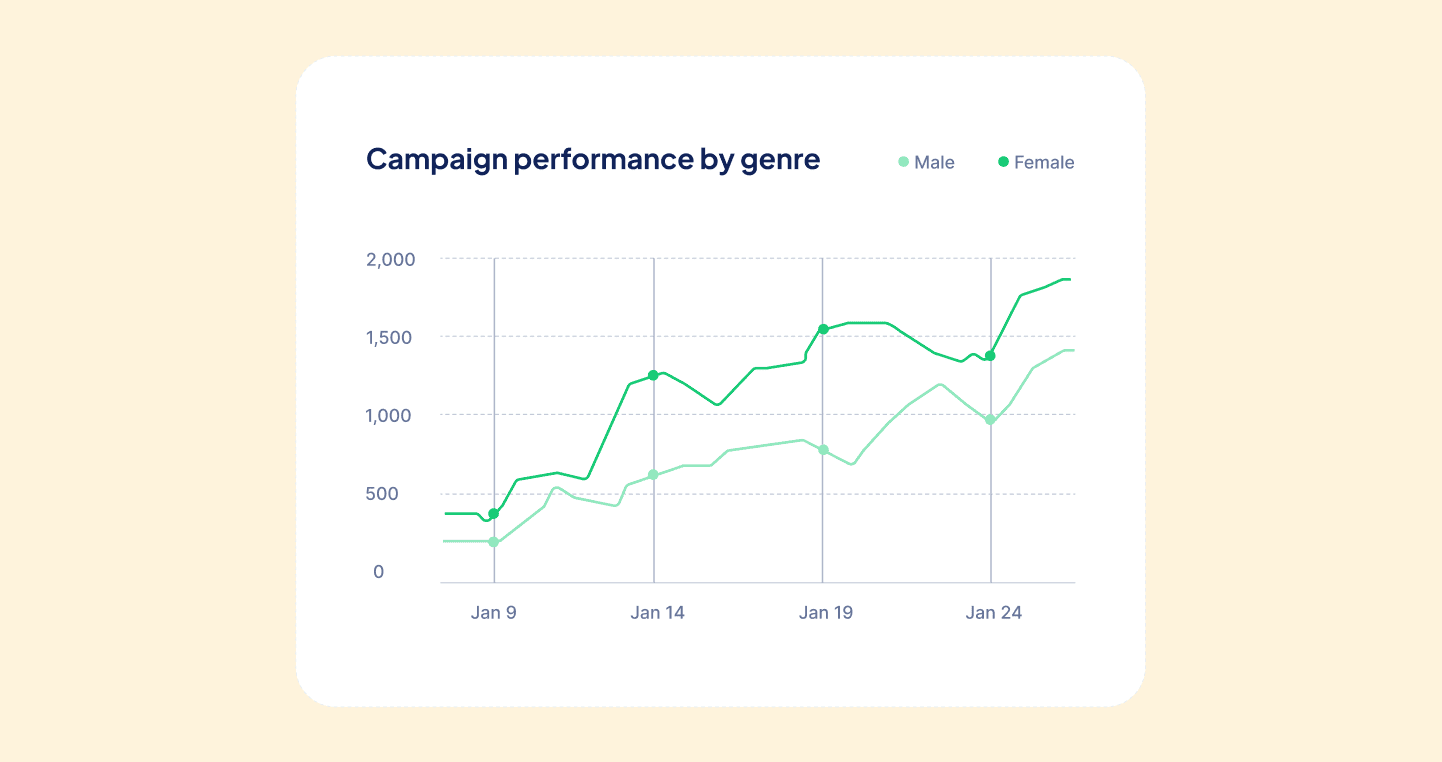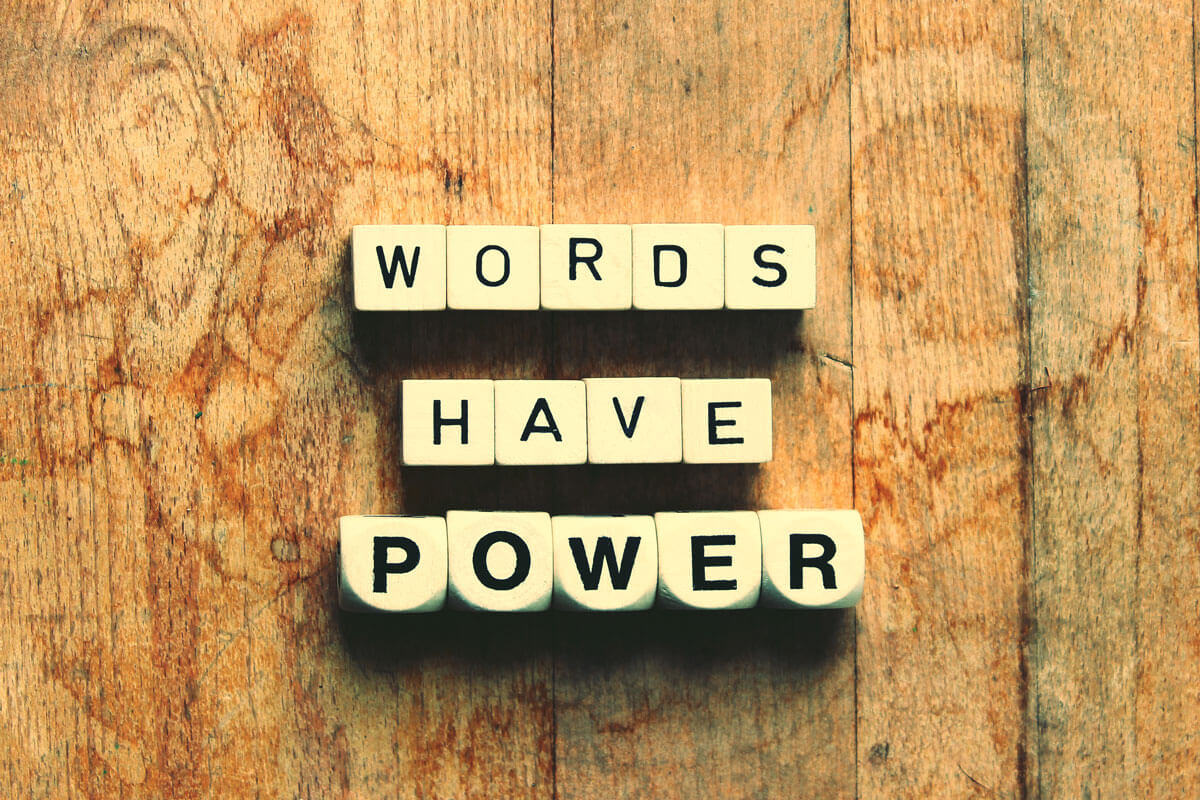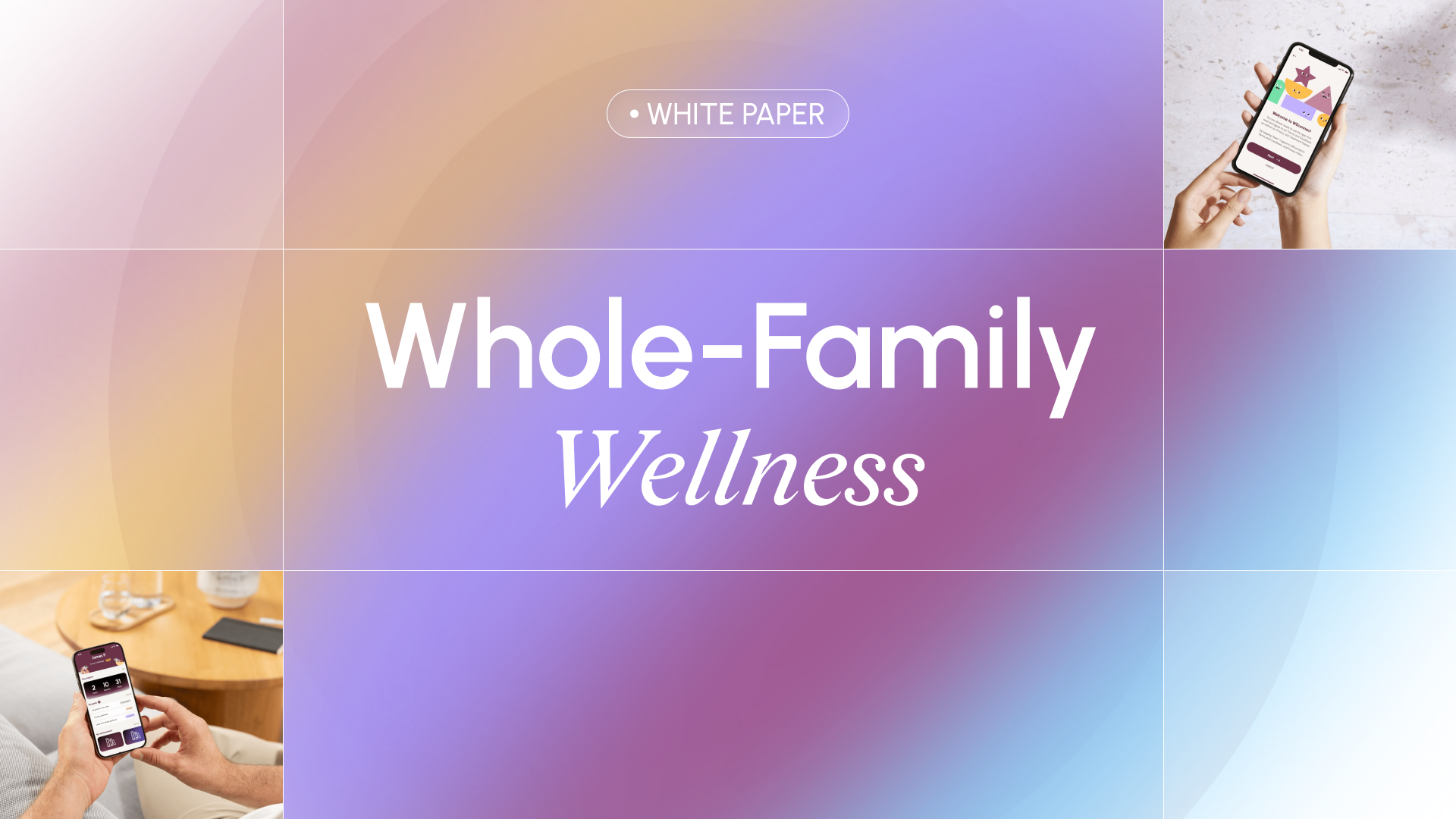Stigma
/ˈstiɡmə/, noun:
A mark of disgrace associated with a particular circumstance, quality, or person.
I never knew the stigma that was loaded onto the language I used to talk about recovery. Learning about the explicit and implicit negative bias that is attached to words so freely used in and outside of the recovery community when it comes to individuals who use drugs, people experiencing substance use disorders, and people who are working to improve their recovery capital was eye-opening. To help eliminate stigma in the recovery community, we must change the language we all use to talk about recovery and our communities. What are these words? What are their associated impacts? Let’s look at a few examples.
Addict/Alcoholic
I was torn when I learned that these labels were stigmatizing, because my experience in recovery through a 12-step fellowship taught me that this was how I was to identify myself. It wasn’t until a mentor taught me that these labels can remove all other parts of my identity that I realized how stigmatizing they could be. When I refer to myself (or even worse, when the community refers to me) as an “addict” or an “alcoholic,” I am no longer a son, a brother, an employee, a human; I am only the “addict” or “alcoholic.” With that being said, in a 12-step mutual aid meeting these terms may be empowering and provide an important connection among fellowship members. When everybody comes to a room for the same purpose—to find a solution to their substance use disorder—using these labels can give an individual reassurance that they are accepted for who they are, and empower them to seek out the support needed to sustain their recovery. By identifying myself as “a person in recovery” on any public level within the community, I am highlighting the fact that I am a person first: a son, a brother, an employee. Using person-first language on a public level does not erase a person's recovery identity or membership in a recovery community; it simply reframes the way they’re seen.
Substance Abuse/Substance Abuser
This is another one that I didn’t fully understand until it was broken down for me. The word “abuse” itself is by definition attached to other words like improper, anger, cruelty, and violence. All of those are very negative words with little to no positive use. By saying “substance abuse” (or “abuser”), we attach negative association to a person that likely needs support and doesn’t recognize it as the disorder that it is. By simply changing it to “substance use” or “misuse,” we are making an effort to break one of the strongest stigmas attached to severe substance use disorders: that people with substance use disorders are negative or violent individuals, rather than people who need support to improve their health and wellness.
Medication-Assisted Treatment (MAT)
Would you say that an individual receiving chemotherapy is on treatment assisted by chemotherapy, or medication-assisted treatment? Most likely, the answer is no; you would say that that person is undergoing their treatment, prescribed by a medical professional, hoping for a positive outcome from their diagnosis. When using the term MAT, it separates individuals receiving a prescribed treatment from their doctor for a substance use disorder from any other type of medication prescribed by a doctor for any type of medical condition. Once again, this language erases the person's identity, and attaches a stigma to anyone prescribed medication for their recovery. Using terms such as pharmacotherapy, or simply calling it “treatment” are alternatives that can help to reduce stigma for individuals engaging in this type of care.
Overdose
This one is very personal to me. I’ve experienced several accidental drug poisonings before initiating my recovery. I have memories stuck in my head of being wheeled into an emergency room from an ambulance, and as soon as the word “overdose” was used, I was stuck in a corner in the back and forgotten about. None of my “overdoses” were ever intentional, they were accidental. Would I have been treated the same if I had accidentally taken too much blood pressure medication? Probably not. By referring to these unfortunate events as accidental drug poisonings, we avoid othering or stigmatizing individuals who use drugs. We need to help reduce this stigma and make sure these individuals receive the same care and attention that anyone in a medical emergency who needs assistance deserves.
These are only a few examples of the associations, effects, and real-world impacts that the right and wrong words can have; the language we use can either enforce or diminish stigma. Using person-first, recovery-oriented language is how we start the movement toward eliminating stigma. It is not the only approach or activity we should engage in, but it is impactful (and may just be the easiest). Individuals are affected by stigma in all stages of the recovery process. That stigma prevents individuals from seeking out help, reduces public support of effective treatment and recovery policy, and can sometimes even result in some community members wanting not to be associated with or near those who use drugs or live in recovery. Substance use and mental health disorders are not a character defect or a moral deficiency. Educate others, challenge stereotypes and biases, and treat everyone equally, regardless of recovery status, pathway, or identity; these are the steps we need to take to change the stigma.
Emphasize your product's unique features or benefits to differentiate it from competitors
In nec dictum adipiscing pharetra enim etiam scelerisque dolor purus ipsum egestas cursus vulputate arcu egestas ut eu sed mollis consectetur mattis pharetra curabitur et maecenas in mattis fames consectetur ipsum quis risus mauris aliquam ornare nisl purus at ipsum nulla accumsan consectetur vestibulum suspendisse aliquam condimentum scelerisque lacinia pellentesque vestibulum condimentum turpis ligula pharetra dictum sapien facilisis sapien at sagittis et cursus congue.
- Pharetra curabitur et maecenas in mattis fames consectetur ipsum quis risus.
- Justo urna nisi auctor consequat consectetur dolor lectus blandit.
- Eget egestas volutpat lacinia vestibulum vitae mattis hendrerit.
- Ornare elit odio tellus orci bibendum dictum id sem congue enim amet diam.
Incorporate statistics or specific numbers to highlight the effectiveness or popularity of your offering
Convallis pellentesque ullamcorper sapien sed tristique fermentum proin amet quam tincidunt feugiat vitae neque quisque odio ut pellentesque ac mauris eget lectus. Pretium arcu turpis lacus sapien sit at eu sapien duis magna nunc nibh nam non ut nibh ultrices ultrices elementum egestas enim nisl sed cursus pellentesque sit dignissim enim euismod sit et convallis sed pelis viverra quam at nisl sit pharetra enim nisl nec vestibulum posuere in volutpat sed blandit neque risus.

Use time-sensitive language to encourage immediate action, such as "Limited Time Offer
Feugiat vitae neque quisque odio ut pellentesque ac mauris eget lectus. Pretium arcu turpis lacus sapien sit at eu sapien duis magna nunc nibh nam non ut nibh ultrices ultrices elementum egestas enim nisl sed cursus pellentesque sit dignissim enim euismod sit et convallis sed pelis viverra quam at nisl sit pharetra enim nisl nec vestibulum posuere in volutpat sed blandit neque risus.
- Pharetra curabitur et maecenas in mattis fames consectetur ipsum quis risus.
- Justo urna nisi auctor consequat consectetur dolor lectus blandit.
- Eget egestas volutpat lacinia vestibulum vitae mattis hendrerit.
- Ornare elit odio tellus orci bibendum dictum id sem congue enim amet diam.
Address customer pain points directly by showing how your product solves their problems
Feugiat vitae neque quisque odio ut pellentesque ac mauris eget lectus. Pretium arcu turpis lacus sapien sit at eu sapien duis magna nunc nibh nam non ut nibh ultrices ultrices elementum egestas enim nisl sed cursus pellentesque sit dignissim enim euismod sit et convallis sed pelis viverra quam at nisl sit pharetra enim nisl nec vestibulum posuere in volutpat sed blandit neque risus.
Vel etiam vel amet aenean eget in habitasse nunc duis tellus sem turpis risus aliquam ac volutpat tellus eu faucibus ullamcorper.
Tailor titles to your ideal customer segment using phrases like "Designed for Busy Professionals
Sed pretium id nibh id sit felis vitae volutpat volutpat adipiscing at sodales neque lectus mi phasellus commodo at elit suspendisse ornare faucibus lectus purus viverra in nec aliquet commodo et sed sed nisi tempor mi pellentesque arcu viverra pretium duis enim vulputate dignissim etiam ultrices vitae neque urna proin nibh diam turpis augue lacus.
%202.svg)


